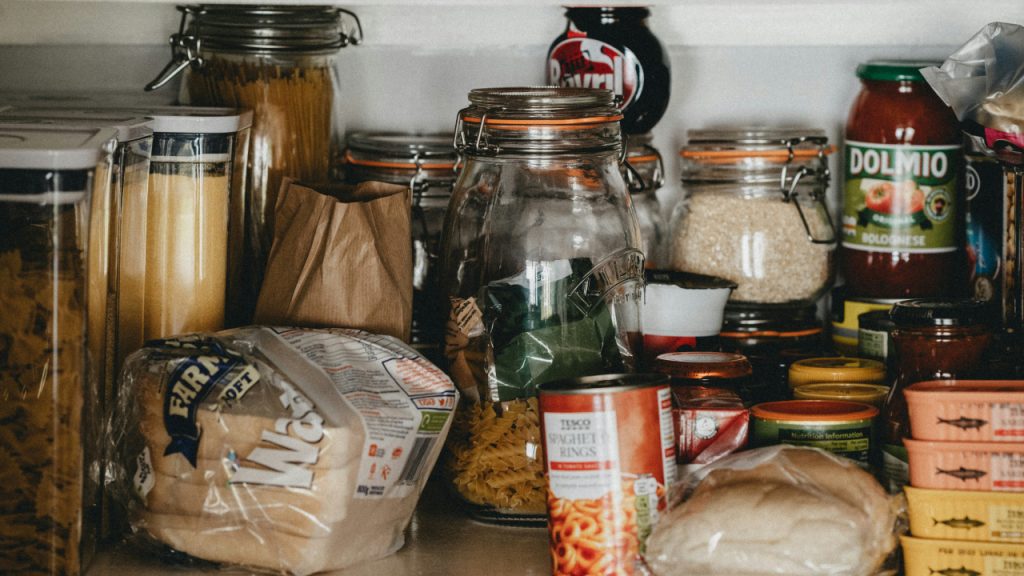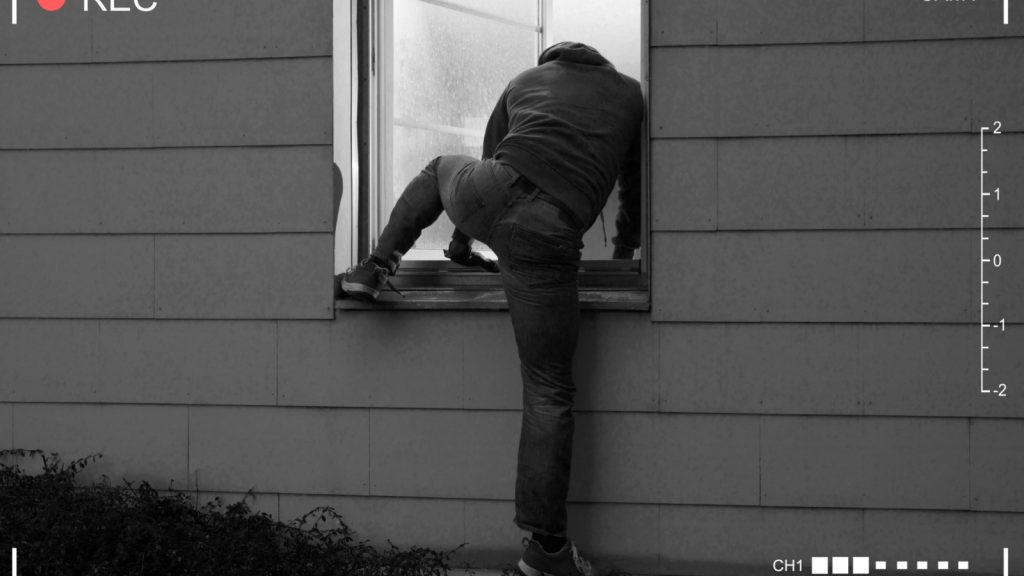When most people start putting together a survival pantry, they focus on the basics: rice, beans, canned goods, and water. That’s a really great start, no doubt about it! Those things are essential and will keep you and your family going.
But once you’ve been at this a while, you start thinking about the long haul. What are the little things you’re going to wish you had once the shelves are bare, power is out, and comfort is hard to come by?
As someone who grows, stores, and preps like it’s second nature, I can tell you: there’s more to survival than calories. It’s about morale, health, and the things that make life livable, even when things get hard. Today, I want to share a few items you might not think to stock, but will definitely miss when the world goes sideways. Think of this like advice from a neighbor who’s seen a few storms and knows what gets forgotten.
These aren’t luxury items. They’re sanity-savers, healing tools, and practical additions that make a rough situation feel just a little more human.
Salt And Spices
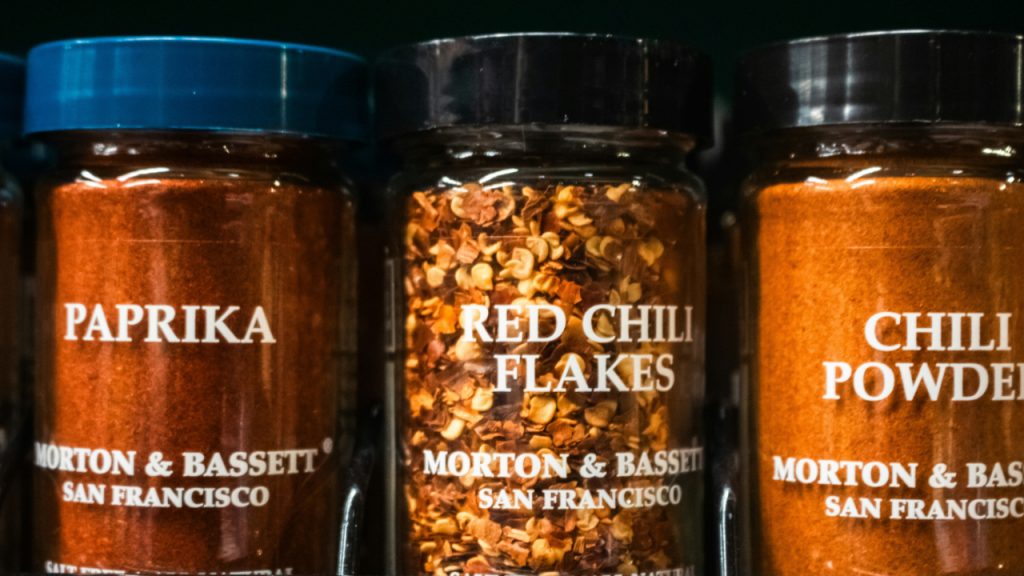
Plain beans and rice will keep you alive, but without flavor, meals can quickly become a chore. Your taste buds—and your morale—will suffer. Salt is vital not just for seasoning, but also for preserving meat and vegetables if refrigeration fails. Stock up on basics like salt, pepper, garlic powder, chili flakes, and dried herbs. They’re lightweight, cheap, and last forever when stored right.
Comfort Foods
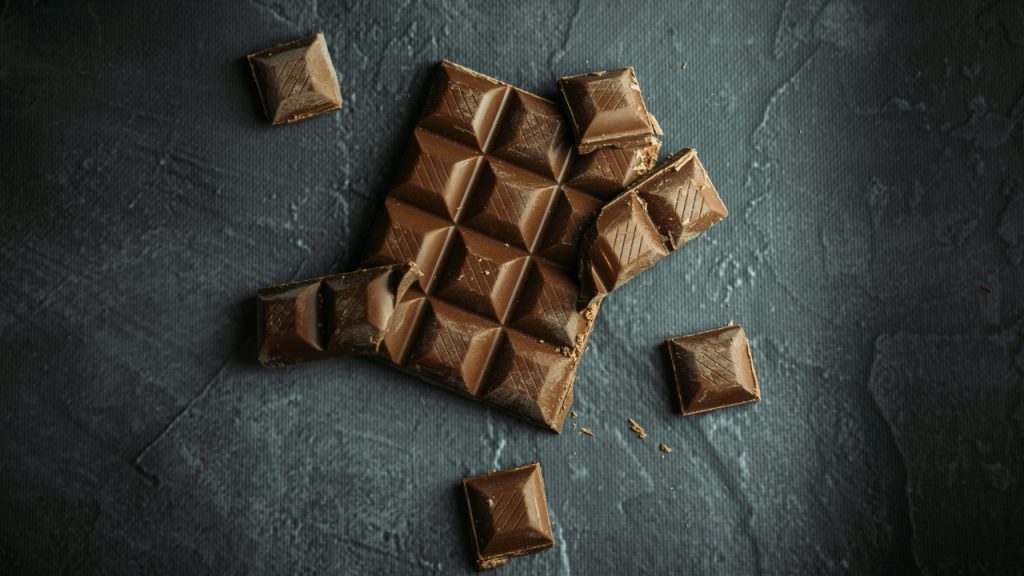
When you’re scared or exhausted, a bite of chocolate or a spoonful of peanut butter can do wonders. These foods lift spirits, especially for kids.
Keep some shelf-stable comfort foods like hard candies, powdered cocoa, or even instant coffee. They’re small joys, and they matter more than you’d think.
Vinegar (Especially Apple Cider Vinegar)
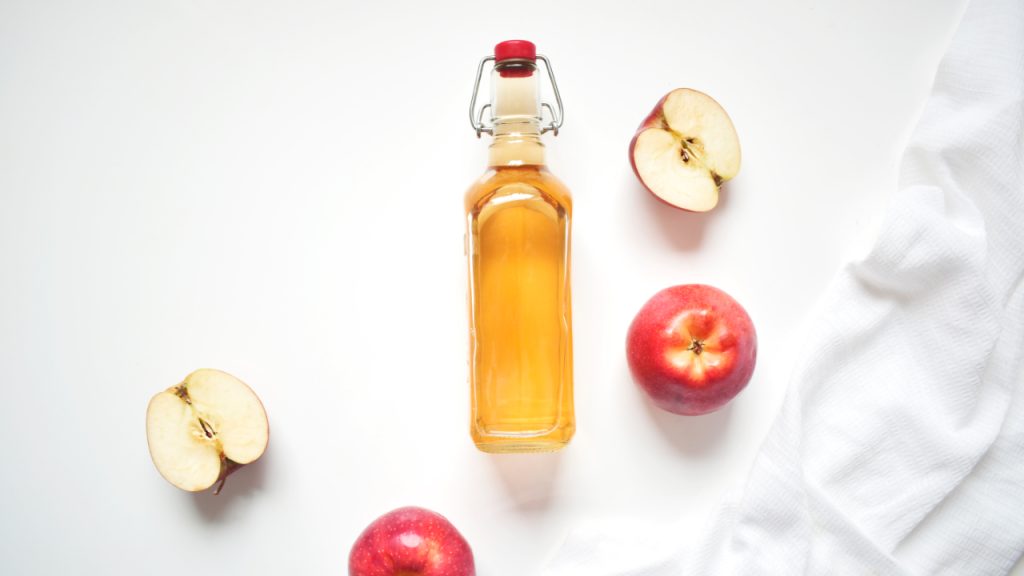
This humble pantry item wears a lot of hats. It’s a disinfectant, a food preserver, a digestive aid, and even a bug bite soother. Apple cider vinegar especially has antimicrobial properties and can help regulate blood sugar levels. Store it in glass if you can, and keep it somewhere cool and dark—it’ll last years.
Multivitamins

A well-stocked pantry can run low on key nutrients over time, especially if you’re living off canned goods. Multivitamins are compact insurance for your immune system, bones, and energy. Look for ones with vitamin D, C, magnesium, and zinc. They’re cheap, easy to rotate, and might keep you going when fresh produce isn’t an option.
Yeast And Baking Powder
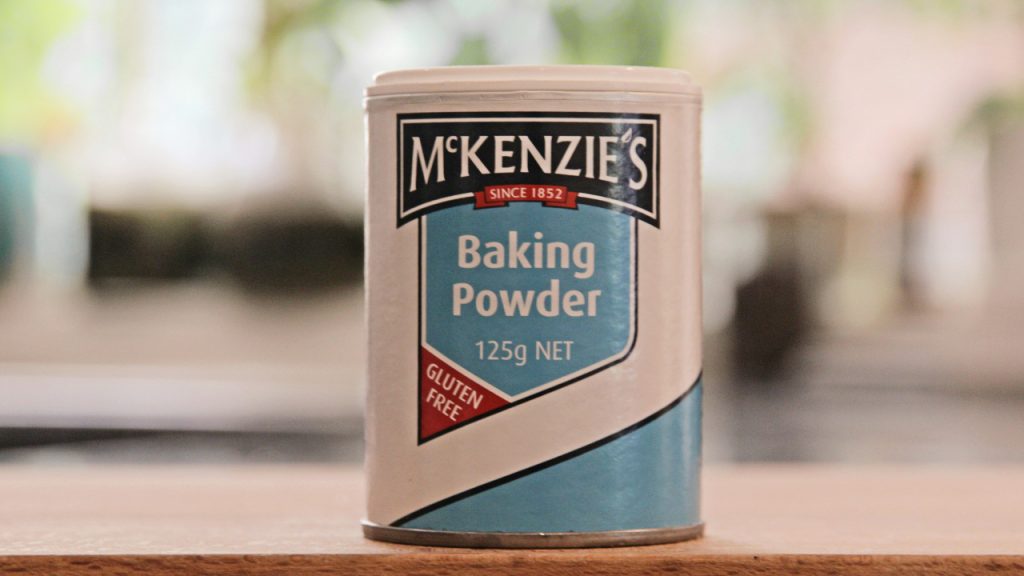
In a long-term situation, you may need to bake your own bread or make simple baked goods from stored flour. Without yeast or baking powder, that gets tricky. Active dry yeast lasts a while in the fridge or freezer, and baking powder (not baking soda—different stuff!) can help with quick breads. They turn basic ingredients into real meals.
Tea And Herbal Remedies
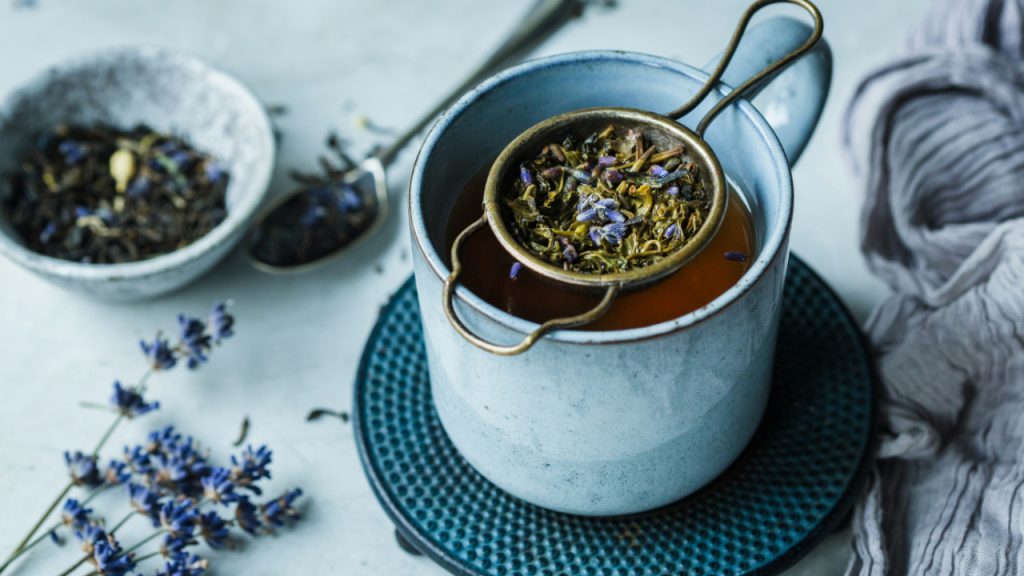
A hot cup of tea isn’t just soothing—it can also be medicine. Chamomile helps with sleep and stress. Peppermint eases nausea. Ginger settles your stomach and boosts your immune system. Even black or green tea has antioxidants and a touch of caffeine for alertness. Dried herbs last a long time and take up little space.
Toilet Paper Alternatives
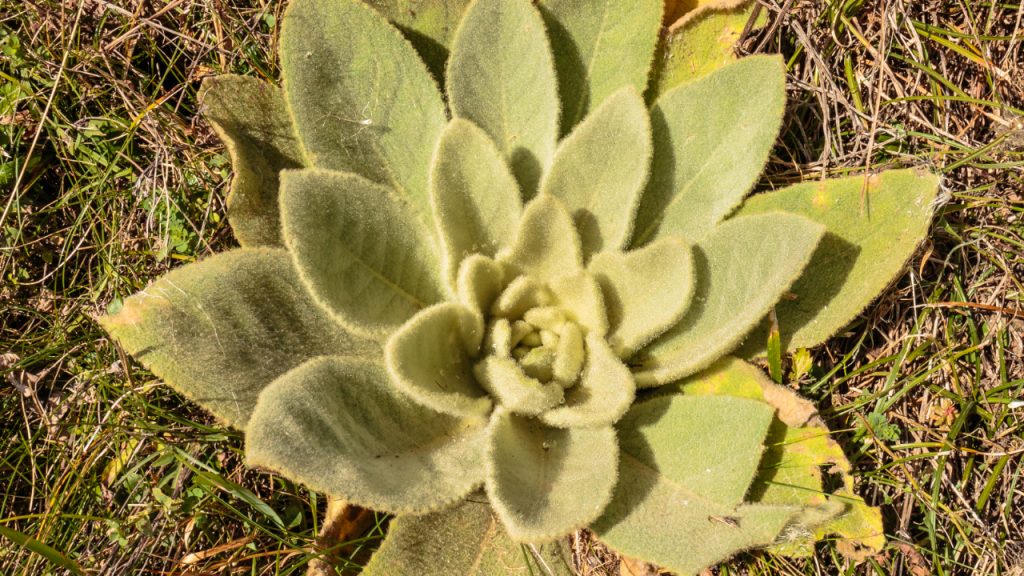
We all remember the great TP rush. But if you really want to prep, think beyond the roll. Consider storing reusable cloth wipes, a bidet bottle, or even a bucket and water setup. You can also dry and store plant leaves like mullein or lamb’s ear, which have been used for centuries as nature’s toilet paper.
Manual Tools (Can Opener, Grater, Mill)
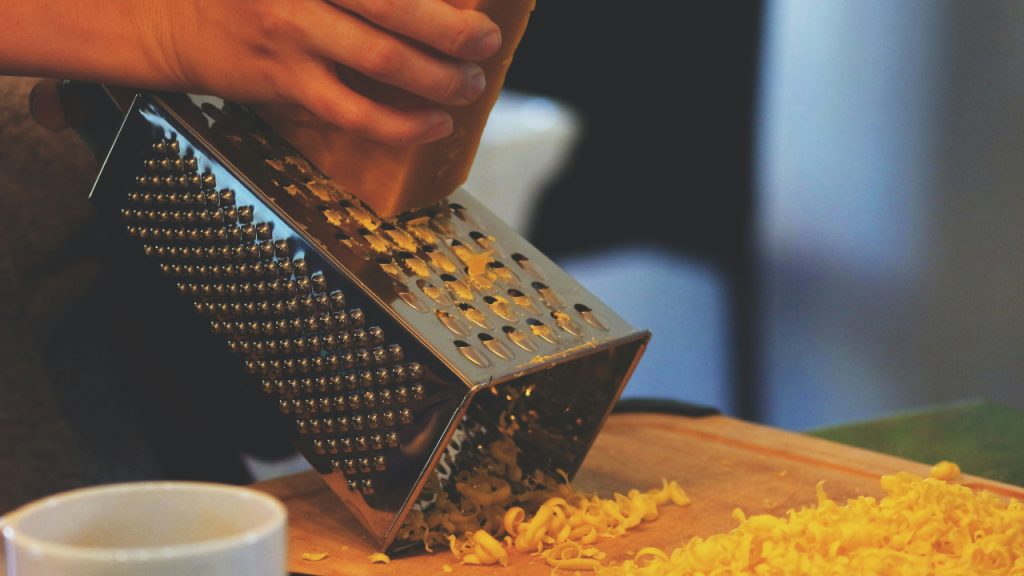
Most of us rely on electricity more than we realize. If the grid goes down, you’ll need hand tools to open cans, grind grains, or shred vegetables. A manual can opener is a must. A hand-crank mill or even a mortar and pestle can make stored whole grains usable. These tools aren’t flashy, but they’re essential.
Oil And Fats
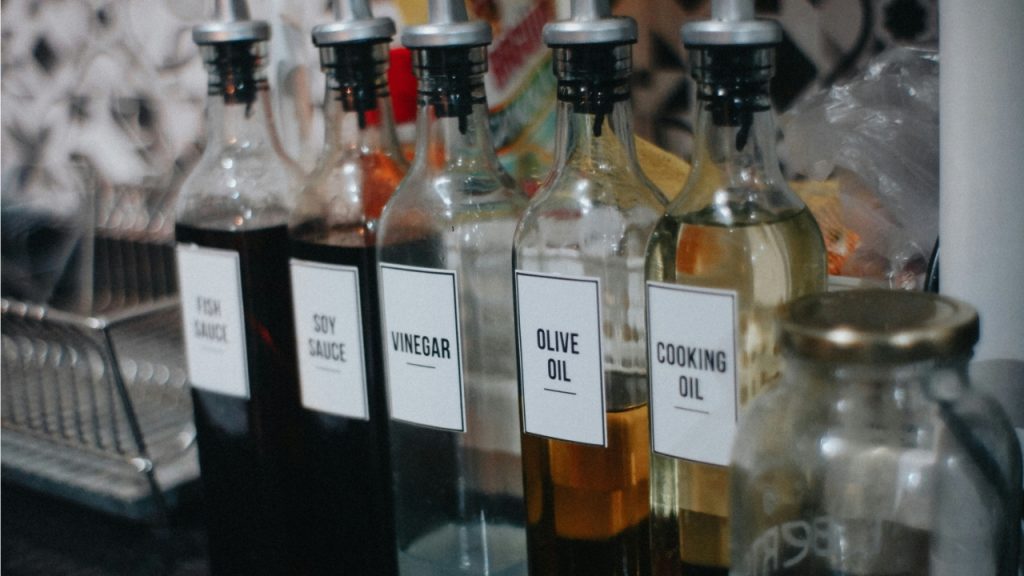
Cooking oil is easy to forget, but you’ll miss it fast. Fat gives you energy and helps your body absorb vitamins. Coconut oil, olive oil, and ghee all have long shelf lives if stored right. You can also store lard or shortening. Without fats, food gets dry and nutrition suffers.
Seeds For Sprouting
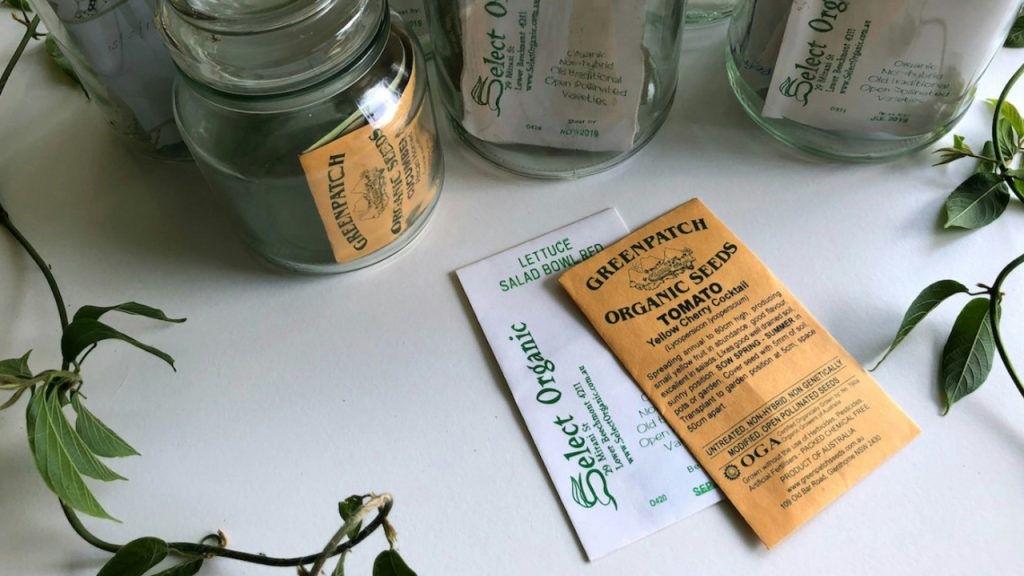
Fresh greens are hard to come by in a long-term crisis. Sprouting seeds like alfalfa, broccoli, and mung beans give you fresh nutrition in just a few days, using only water and a jar. They’re rich in vitamins and enzymes. If you can’t grow a full garden, this is the next best thing.
It’s Not Just About Surviving—It’s About Enduring Well
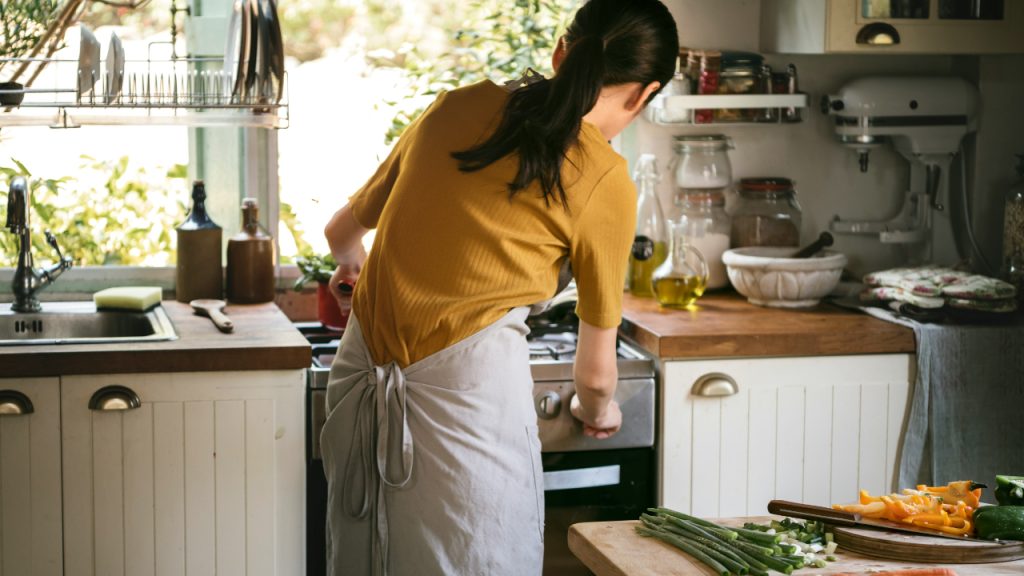
When tough times hit, having food and water is the bare minimum. But real preparedness means thinking beyond survival and planning for comfort, dignity, and health. The extras—like spices, tea, and manual tools—may seem small, but they make all the difference when the world feels upside down. These thoughtful additions help preserve your energy, mood, and even your sense of normalcy when nothing else feels normal.
A smart survival pantry doesn’t just keep you alive—it helps you stay human. So take a second look at your shelves. Fill in the gaps now, while you still can, and you’ll thank yourself later. Because when the lights go out, the quiet comfort of a hot drink, a familiar flavor, or a working can opener isn’t a luxury—it’s a lifeline.
